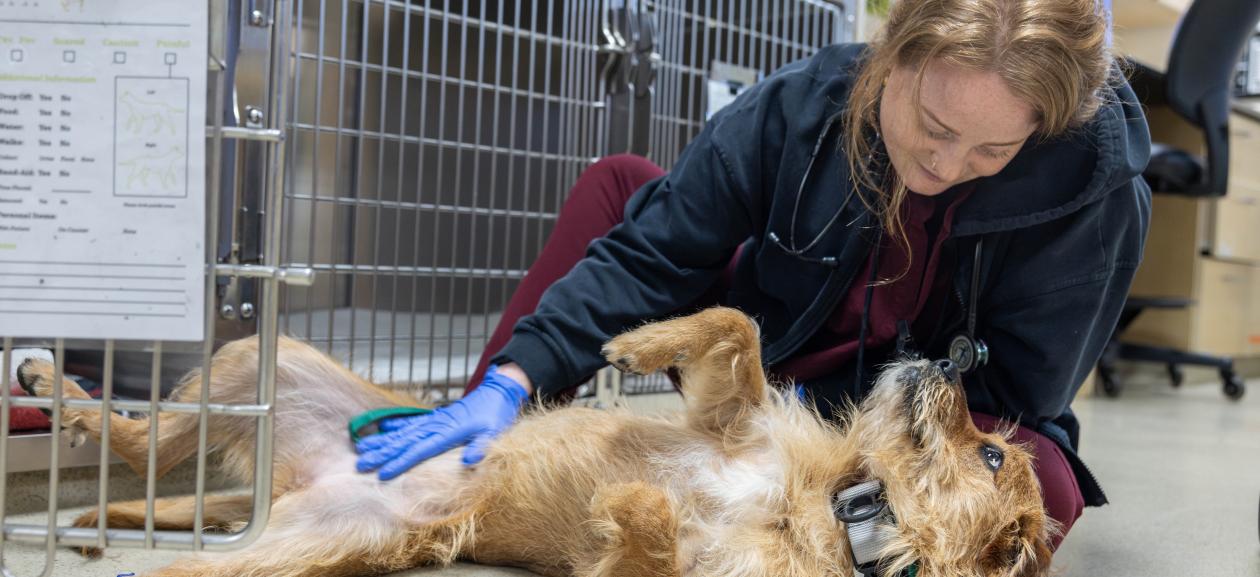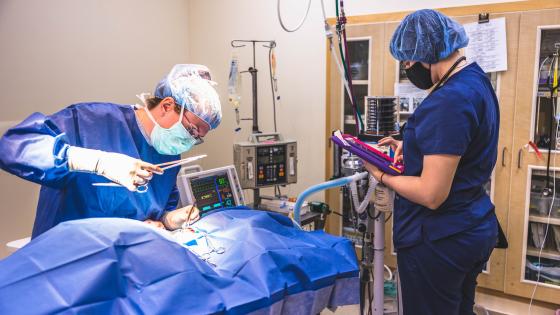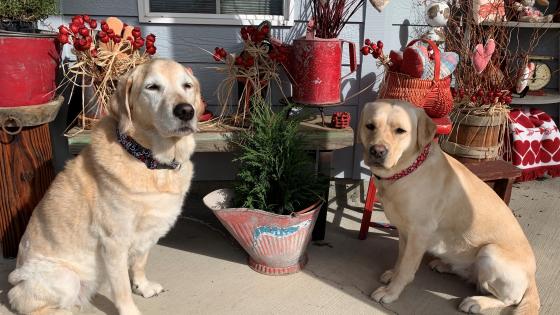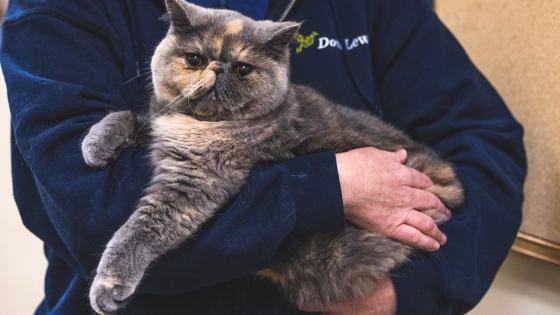
Protecting Your Pets: A Guide to Rat Poison Ingestion and Pet Safety
Realizing your pet may have eaten rat poison is a scary moment. These products are meant to kill rodents, but their toxic ingredients can seriously harm pets, even in small amounts. Acting quickly—and knowing what to look for—can make all the difference.
Why Rat Poison Is So Dangerous
Rat poisons are designed to be lethal. The same chemicals that target rodents can cause severe, sometimes life-threatening, reactions in dogs and cats. Different types of rodenticides work in different ways, but all can pose major risks if ingested.
Symptoms to Watch For
Recognizing the signs early is crucial. Symptoms depend on the type of poison, but common signs include:
- Bleeding or bruising: Many rat poisons contain anticoagulants, which interfere with blood clotting. Pets may develop nosebleeds, bleeding gums, blood in the urine or stool, coughing up blood, or unusual bruising.
- Neurological changes: Some rodenticides affect the nervous system, leading to tremors, seizures, muscle weakness, difficulty breathing, or even paralysis.
- Gastrointestinal problems: Vomiting, diarrhea, abdominal discomfort, and decreased appetite can occur shortly after ingestion.
- Weakness or lethargy: Your pet may seem unusually tired, wobbly, or disoriented.
If your pet shows any of these warning signs, seek veterinary help right away.
What To Do Immediately
If you suspect rat poison ingestion, time matters.
- Stay as calm as you can: It’s understandable to feel panicked, but try to focus on next steps. Your calmness helps you move quickly and clearly.
- Call your veterinarian: Reach out to your primary vet or an emergency clinic immediately. Share what happened, what symptoms you’re seeing, and—if you know it—the type of poison. Take notes as you talk so you don’t miss any details.
- Bring the packaging: If you can safely access it, bring the rodenticide container with you. The ingredients help your veterinary team determine the right treatment.
Preventing Accidental Exposure
The best protection is prevention.
- Store safely: Keep all poisons locked away or fully out of reach. Consider pet-safe rodent control alternatives whenever possible.
- Be mindful outdoors: If you use rodent control products outside, place them only in fully inaccessible areas. Monitor your pet in the yard, especially if rodent activity is common.
- Talk to neighbors: If you share fences or common outdoor areas, check in with neighbors about how they manage rodents. A quick conversation can help prevent accidents.
Rat poison exposure is always an emergency, but early recognition and fast action can greatly improve outcomes.
If you believe your pet may have ingested a toxic substance, contact your veterinarian or the ASPCA Animal Poison Control Center at 1-888-426-4435.
If your pet is showing concerning symptoms—such as sudden behavior changes, weakness, pain, vomiting, or diarrhea—call your primary veterinarian right away. If they’re unavailable, DoveLewis is here 24/7. You can reach us at 503-228-7281 or walk in anytime for immediate care.




